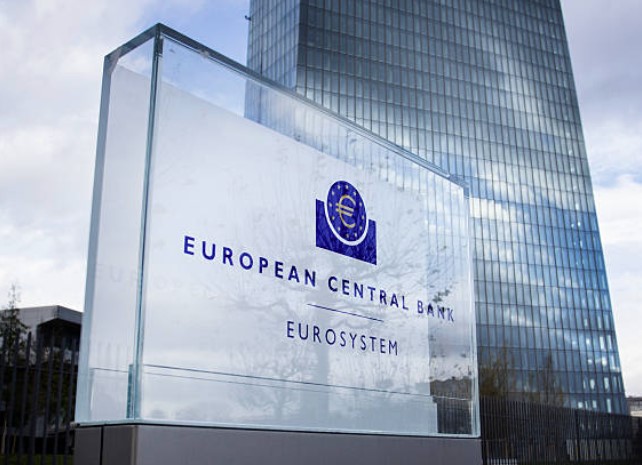Economic developments in the European Union

Funding for Ukraine
The European Commission has applied for almost €1.9 billion in pre-financing for Ukraine. This EU support has already been running for Ukraine since March this year. Since March, the EU has already sent €7.9 billion in support to Ukraine. This new funding will support Ukraine’s macro-financial stability for the next four years for long-term structural reforms to promote sustainable economic growth that will strengthen the country’s growth potential in the medium to long term.
Over the period 2024-2027, the EU’s Instrument for Ukraine will provide up to €50 billion in grants and loans to support Ukraine’s efforts to maintain macrofinancial stability, support short-term recovery, as well as rehabilitation, modernisation and key reforms that will make future cooperation in the euro area more effective. This restructuring and reconstruction of Ukraine will move towards a green, digital and inclusive economy that will be progressively aligned with EU rules and standards.
Financial support for the Balkans
The European Commission has also announced a further investment package of €1.2 billion to support infrastructure and entrepreneurship in the Western Balkans. This sixth investment package under the EU’s Economic and Investment Plan for the Western Balkans is expected to mobilise €1.2 billion of investment. The package will support eight new flagship investments in water supply and sanitation, wastewater treatment, rail transport, innovation and green transformation in SMEs. The investments will be implemented in close cooperation with Western Balkan partners and international financial institutions.
Energy Charter Treaty
The EU also announced, among other things, the withdrawal from the Energy Charter Treaty and the end of the intra-EU arbitration procedure. The withdrawal will come into force in one calendar year. The withdrawal concerns the Energy Charter Treaty (ECT) , a multilateral trade and investment agreement applicable to the energy sector, which is incompatible with the EU’s climate and energy objectives under the European Green Deal and the Paris Agreement.

Elections
The September elections in eastern Germany are likely to bring a victory for the far-right Alternative for Germany, raising the temperature in the parliament in Berlin. All this is happening at a time when the election campaign is under way in the United States, with a critical performance by Joe Biden and a much improved speech by Donald Trump, who is thus likely to defend the US presidency for the second time in the autumn. These developments have raised new questions about Trump’s return to the US presidency, as have the elections in Germany and France, where the prospects for governments across the EU continent are uncertain.
The EU’s dirty deal
The purpose of this dirty deal will be to impose tariffs on imports of electric vehicles from China. This intense pressure has been triggered primarily by German Chancellor Olaf Scholz and his entourage. On June 12, 2024, officials were confronted with a series of unusual ideas with the proposal of a symbolic tariff for China. The fact that the Commission ignored pressure from Berlin and pushed for interim tariffs that came in at the upper end of the expected range is a sign of Scholz’s weakness and isolation on this issue.
EU-US Joint Forum
The EU-US Joint Forum on Financial Regulation took place on 25-26 June 2024, where participants exchanged views on topics of common interest in the framework of the Financial Regulatory Dialogue. The dialogue was hosted by the European Commission and the US Treasury Department. EU participants included representatives from the European Commission, the European Banking Authority (EBA), the European Securities and Markets Authority (ESMA), the European Insurance and Occupational Pensions Authority (EIOPA), the European Central Bank (ECB) and the Single Resolution Board (SRB).
This forum focused on six topics, namely market developments and financial stability, regulatory developments in banking and insurance, anti-money laundering and counter-terrorist financing (AML/CFT), sustainable finance, regulatory and supervisory cooperation in capital markets, and operational resilience and digital currencies.
EU and US trade 2013-2023. source Eurostat
